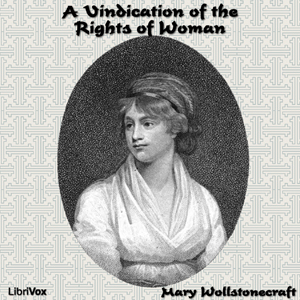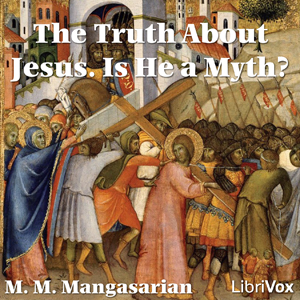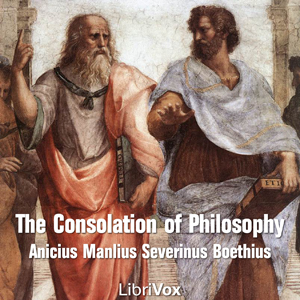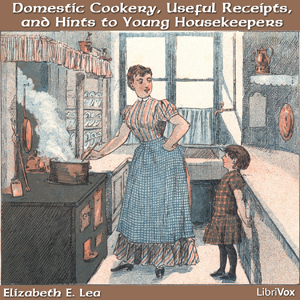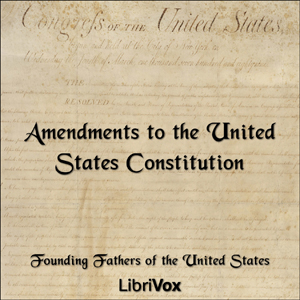- Brief Sketch of the life of Mary Wollstonecraft (incl. letter)
- Author's Introduction
- Chapter 1: The Rights and Involved Duties Of Mankind Considered
- Chapter 2: The Prevailing Opinion Of a Sexual Character Discussed
- Chapter 3: The Same Subject Continued
- Chapter 4: Observations On the State Of Degradation To Which Woman Is Reduced By Various Causes Part 1
- Chapter 4: Observations On the State Of Degradation To Which Woman Is Reduced By Various Causes Part 2
- Chapter 4: Observations On the State Of Degradation To Which Woman Is Reduced By Various Causes Part 3
- Chapter 5: Animadversions On Some Of the Writers Who Have Rendered Women As Objects Of Pity, Bordering On Contempt Part 1
- Chapter 5: Animadversions On Some Of the Writers Who Have Rendered Women As Objects Of Pity, Bordering On Contempt Part 2
- Chapter 5: Animadversions On Some Of the Writers Who Have Rendered Women As Objects Of Pity, Bordering On Contempt Part 3
- Chapter 5: Animadversions On Some Of the Writers Who Have Rendered Women As Objects Of Pity, Bordering On Contempt Part 4
- Chapter 6: The Effect Which an Early Association Of Ideas Has Upon the Character
- Chapter 7: Modesty, Comprehensively Considered, And Not As a Sexual Virtue
- Chapter 8: Morality Undermined By Sexual Notions Of the Importance Of a Good Reputation
- Chapter 9: Of the Pernicious Effects Which Arise From the Unnatural Distinctions Established in Society
- Chapter 10: Parental Affection
- Chapter 11: Duty to Parents
- Chapter 12: On National Education
- Chapter 13: Some Instances Of the Folly Which the Ignorance of Women Generates Part 1
- Chapter 13: Some Instances Of the Folly Which the Ignorance of Women Generates Part 2
Wollstonecraft (1759-1797) is best known for A Vindication of the Rights of Woman, in which she argued that women are not naturally inferior to men, but only appeared to be because they lacked education. She suggested that both men and women should be treated as rational beings and imagined a social order founded on reason. - Today, Wollstonecraft is considered a foundational thinker in feminist philosophy. Her early advocacy of women's equality and her attacks on conventional femininity and the degradation of women presaged the later emergence of the feminist political movement. Feminist scholars and activists have cited both her philosophical ideas and personal struggles as important influences in their work.
This is one of the 12 Books That Changed the World by Melvyn Bragg. (Summary from Wikipedia and Alex Foster)
This is one of the 12 Books That Changed the World by Melvyn Bragg. (Summary from Wikipedia and Alex Foster)
There are no reviews for this eBook.
There are no comments for this eBook.
You must log in to post a comment.
Log in

